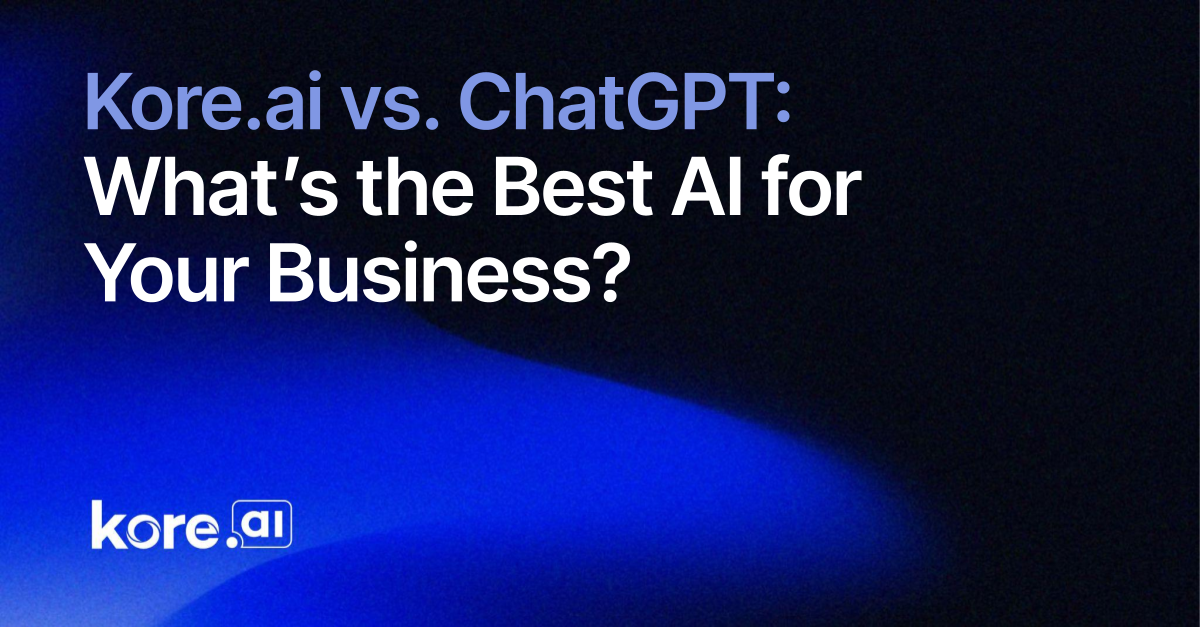We need to protect the protocol that runs Bluesky
Last week, when Mark Zuckerberg announced Meta would be ending third-party fact-checking, it was a shocking pivot, but not exactly surprising. It’s just the latest example of a billionaire flip-flop affecting our social lives on the internet. After January 6th, Zuckerberg bragged to Congress about Facebook’s “industry-leading fact-checking program” and banned President Trump from the…

Last week, when Mark Zuckerberg announced Meta would be ending third-party fact-checking, it was a shocking pivot, but not exactly surprising. It’s just the latest example of a billionaire flip-flop affecting our social lives on the internet.
After January 6th, Zuckerberg bragged to Congress about Facebook’s “industry-leading fact-checking program” and banned President Trump from the platform. But just two years later, he welcomed Trump back. And last year Zuckerberg was privately reassuring conservative rep Jim Jordan that Meta will no longer demote questionable content while it’s being fact-checked.
Now, not only is Meta ending fact-checking completely, it is loosening rules around hate speech, allowing horrendous personal attacks on migrants or trans people, for example, on its platforms.
And Zuckerberg isn’t the only social media CEO careening all over the road: Elon Musk, since buying Twitter in 2022 and touting free speech as “the bedrock of a functioning democracy,” has suspended journalists, restored tens of thousands of banned users (including White Nationalists), brought back political advertising, and weakened verification and harassment policies.
Unfortunately, these capricious billionaires can do whatever they want because of an ownership model that privileges singular, centralized control in exchange for shareholder returns.
And this has led to a constantly shifting, opaque digital environment in which people can lose their communication pathways and livelihoods in a second, with no recourse as the rules shift.
The internet doesn’t need to be like this. But as luck would have it, a new way is emerging just in time.
If you’ve heard of Bluesky, you’ve probably heard of it as a clone of Twitter where liberals can take refuge. But under the hood it’s structured fundamentally differently — in a way that could point us to a healthier internet for everyone, regardless of politics or identity.
Just like email, Bluesky sits on top of an open protocol. In practice, that means that anyone can build on it. Just like you wouldn’t need anyone’s permission to start a newsletter company built on email, people are starting to share remixed versions of their social media feed, built on Bluesky. This sounds like a small thing, but think about all the harms done by social media companies through their algorithms in the last decade: insurrection, radicalization, self-harm, bullying. Similarly, Bluesky enables users to share blocklists and labels, to collaborate on verification and moderation. Letting people shape their own experience of social media is nothing short of revolutionary.
And importantly, if you decide that you don’t agree with Bluesky’s design and moderation decisions, you can build something else on the same infrastructure and use that instead. This is fundamentally different from the dominant, centralized social media that has come before.
At the core of Bluesky’s philosophy is the idea that instead of being centralized in the hands of one person or institution, social media governance should obey the principle of subsidiarity. Nobel Prize-winning economist Elinor Ostrom found, through studying grassroots solutions to local environmental problems around the world, that some problems are best solved locally, while others are best solved at a higher level.
In terms of content moderation, posts related to CSAM or terrorism are best handled by professionals keeping millions or billions safe. But a lot of decisions about speech can be solved in each community, or even user by user by assembling a Bluesky blocklist.
So all the right elements are currently in place at Bluesky to usher in this new architecture for social media: independent ownership, newfound popularity, a stark contrast with other dominant platforms, and right-minded leadership. But challenges remain, and we can’t count on Bluesky doing this right without support.
Critics have pointed out that Bluesky has yet to turn a profit and is currently running on venture capital, the same corporate structure that brought us Facebook, Twitter, and other social media companies. As of now, there’s no option to exit Bluesky and take your data and network with you, because there are no other servers that run the AT Protocol. Bluesky CEO Jay Graber deserves credit for her stewardship so far, and for attempting to avoid the dangers of advertising incentives. But the process of capitalism degrading tech products is so predictable that Cory Doctorow coined a now-popular term for it: enshittification.
That’s why we need to act now to secure the foundation of this digital future and make it enshittification-proof. Last week, prominent technologists started a new project, which we at New_ Public are supporting, called Free Our Feeds. There are three parts: First, Free Our Feeds wants to create a nonprofit foundation to govern and protect the AT Protocol, outside of Bluesky the company. We also need to build redundant servers so anyone can leave with their data or build anything they want—regardless of policies set by Bluesky. Finally, we need to spur the development of a whole ecosystem built on this tech with seed money and expertise.
It’s worth noting that this is not a hostile takeover: Bluesky and Graber recognize the importance of this effort and have signaled their approval. But the point is, this effort can’t rely on them. To free us from fickle billionaires, some of the power has to reside outside Bluesky Inc.
If we get this right, so much is possible. Not too long ago, the internet was full of builders and people working together: the open web. Email. Podcasts. Wikipedia is one of the best examples — a collaborative project to create one of the web’s best free, public resources. And the reason we still have it today is the infrastructure built up around it: the nonprofit Wikimedia Foundation protects the project and insulates it from the pressures of capitalism. When’s the last time we collectively built anything as good?
We can shift the balance of power and reclaim our social lives from these companies and their billionaires. This an opportunity to bring much more independence, innovation, and local control to our online conversations. We can finally build the “Wikipedia of social media,” or whatever we want. But we need to act, because the future of the internet can’t depend on whether one of the richest men on earth wakes up on the wrong side of the bed.
Eli Pariser is author of The Filter Bubble and co-director of New_ Public, a nonprofit R&D lab that’s working to reimagine social media.
Deepti Doshi is a co-director of New_ Public and was a director at Meta.
What's Your Reaction?








































